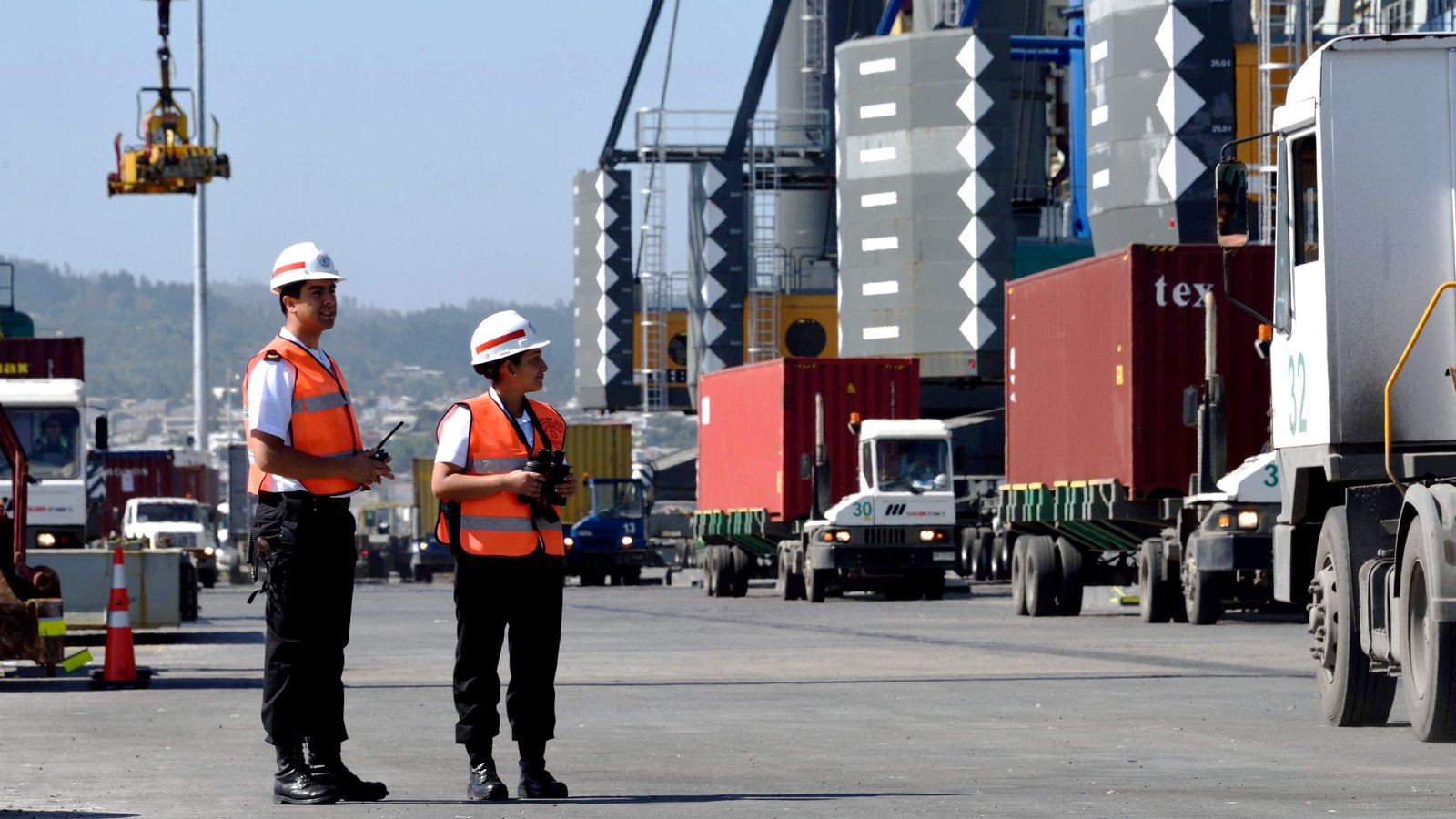THE NEED TO INCORPORATE COMPREHENSIVE MARITIME SECURITY INTO STATE POLICIES
Undoubtedly the opportunity for foreign trade to materialize is thanks to maritime transport, port movement and international agreements that develop free trade, however, it is important to be aware that we achieve that trade is developed, thanks to the security conditions presented by the sea lanes.
The famous concept so often discussed by experts in the maritime sector as "ship - port interface" is much more than the path where the ship makes the necessary arrangements to arrive and drop off goods, drop off and pick up tourists, etc., moreover, it is that path where the coastal state must provide essential services for maritime safety.
This security, which as the years go by, and as the international instruments are perfected, we are coming to understand as integral maritime security, we can summarize it in a non-exhaustive way, as that set of norms, good practices, procedures and requirements related to maritime communications, search and rescue schemes, aids to navigation, protection of the marine environment, suitability of seafarers, nautical charts, and in general, all those requirements for the operational safety of ships, where the state not only translates it into management, institutions and exercises of authority, but also in resources for the infrastructure for maritime safety.
This is why it is valuable to reflect on whether the states, especially those of Latin America, carry out these activities supported by resources that are part of a programmed planning and investment, of a strategic and structured planning for their maritime development and a determination of political and financial decisions to strengthen the presence and exercise of the state in its authority and provision of services as a coastal state.

Trade commerce means development, welfare, and this cannot be read without thinking about security. Compliance with international standards must be accompanied by strengthened institutions, long-term projections, knowledge management and investment projects to ensure that countries provide sustained security to vessels and achieve a safe ship-port interface, redundancy notwithstanding.
But this guarantee must start from a maritime awareness of the states to incorporate in their investment and financial planning, items for institutions to achieve successful completion of projects with products that ensure the aforementioned comprehensive maritime security. In Latin America we can count on a good number of approval of international maritime conventions, public authorities with a large and valuable human factor, who know the processes and procedures to effectively implement international and national legal instruments, but all this should be leveraged by public policies and long-term development of the states, which incorporate the concept of comprehensive maritime security ensuring that these efforts can be carried out in a comprehensive manner. However, reaching state instances and public guidelines can only be achieved when we find a real awareness and knowledge of maritime issues at the highest levels of the state, which identify and have clarity that achieving trade and development is vital, but the perfect equation must always go hand in hand with security.
We have as a responsibility within the Maritime Authorities and as experts on these issues, the urgent responsibility to generate this awareness and spare no effort to teach, make understand and demonstrate that welfare is not achieved without security, and that the issues that bring us together must scale the highest levels of the state and its policies.